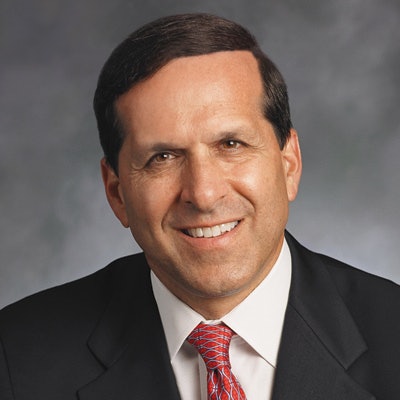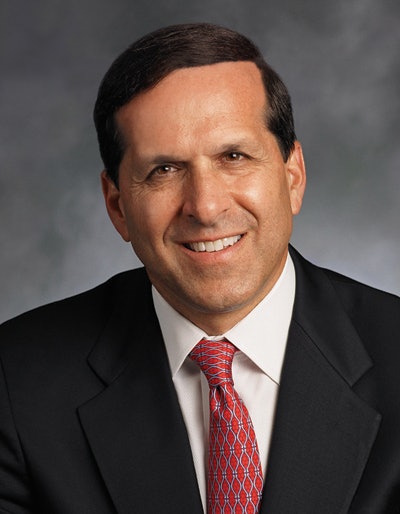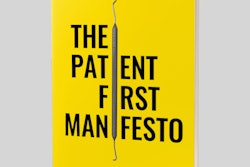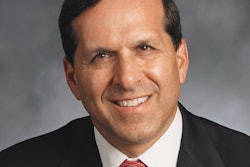
COVID-19 has influenced every dental practice in the U.S. The pandemic has been especially hard on practice finances and staffing.
First, there was the shutdown. Some practices terminated their teams to reduce costs and allow the team members to receive unemployment. When practices reopened, they found they had very different teams. Some team members didn't return, some returned happily, some returned with resentment, some returned but did not remain, and others faced challenges such as daycare and safety concerns.
We are in a time of turmoil and, overall, most practices are adapting reasonably well. However, the high levels of stress, chaos, and breakdowns are still occurring, with long-lasting effects.
Anticipating potential conflicts
Every practice should be on guard for potential conflicts within the team. Many people are on edge due to the pressures and stress associated with the pandemic. Even practices with longtime team members are going to see behaviors amongst the doctors, team, and patients that seem abnormal.
 Dr. Roger P. Levin is the executive founder of the Dental Business Study Clubs.
Dr. Roger P. Levin is the executive founder of the Dental Business Study Clubs.Let's start with the team. Many team members are dedicated to their jobs and committed to excellent performance. But these team members won't always have the same mentality or life situation that they had pre-COVID-19. Suddenly you may see a situation where one team member explodes at another for what looks to be a minor offense. Why did the team member react this way? It had nothing to with the situation and everything to do with underlying stress and tension. Many people are dealing with daycare issues, financial concerns, elderly parents, or sick family members. When a minor incident takes place in the practice, these stressors can cause a team member to explode.
Next, we can look at the position of office manager for practices that have one. This is the person who oversees and keeps everyone focused each day. Unfortunately, during the COVID-19 crisis, the job of office manager has become much more difficult. This person may find team members underperforming, being negative, showing up late, missing work, or displaying resentment when asked to provide extra help.
Dentists are under stress as well. Things that didn't bother you before suddenly start to bother you more and more each day. This is compounded in practices that have two or more doctors. In many partnerships, everyone cooperates, moves forward, and chooses not to spend time resenting what the other partners do. When friction does occur, we see partners who would like to break up, but know it isn't in their best financial interest.
All these tensions with staff and doctors can cause serious breakdown in a practice. So, what do you do? The key to preventing all the negative scenarios described above is alignment. Alignment means that everybody is operating on the same page from the same playbook, and the best way to maintain alignment and avoid negative situations is to overcommunicate.
Overcommunicate in a crisis
Let's start again with the team. You should have a new type of meeting that doesn't have an agenda. Once a month for 30 minutes, sit down with the team and let everyone express how they are feeling. This will go a long way toward creating understanding, compassion, and building strong working relationships.
One of our clients held these meetings and had a team member break down in tears because of a situation at home. Another team member who was taking some vacation time but not going anywhere stepped in and volunteered to work for the anguished team member so that she could take a week off. That is amazing alignment, but it can only come from communication.
There should also be individual meetings. Sit down with each team member for five minutes every two or three weeks just to check in. During this time, ask open-ended questions such as "How are you feeling?" or "How are things?" Then just let the team member talk. This will be cathartic for the team member, and you may learn some things that will help you make some very important modifications.
For the office manager, checking on team alignment should be on his or her daily to-do list. Ask people if they're willing to take on something that will help the practice. Understand why someone might be late or must miss a day. Pre-COVID-19, these behaviors would not have been tolerated, but post-COVID-19 requires a higher level of empathy and compassion, as people are not completely in control of their lives. Most people have a general plan for their life and workday today. With COVID-19, that plan can be disrupted at almost any time. Certainly, there are limits, but creating alignment, communicating, and working together goes a long way toward maintaining an efficient and effective practice.
For doctors who have partners, it's essential to meet and be honest. Bring the financial numbers and ask important questions. How are we doing as a practice? What's working? What's not working? Keep in mind that one of the most important things to ask partners is, "What am I not doing well?" That may not sound fun, but this is a time for transparency and vulnerability. Being honest with partners goes a long way toward creating understanding. Many of us don't like sharing our challenges or personal issues, but the more we share, the more understanding will occur between the partners.
It is also a time of compromise. Dental partnerships are not like Fortune 500 companies with a CEO and organizational hierarchy. While they have some shared goals, partners also have individual goals that they want to achieve, and they don't want other partners keeping them from achieving those. This was not a major issue for most practices pre-COVID-19. But with the stress of everyday life, partnerships can run into conflict if alignment is not created. You must be willing to listen, share, and compromise. This will help you move through this crisis faster, better, and deeper.
Summary
Alignment may be one of the most powerful factors to prevent conflicts at all levels of the practice during the COVID-19 crisis. Don't feel that something you did two months ago is sufficient to carry you through. Overcommunicating, extra compassion, sincere empathy, and resiliency are the new buzzwords of success.
Dr. Roger P. Levin is the executive founder of the Dental Business Study Clubs. To contact him or to join the 40,000 dental professionals who receive his Practice Production Tip of the Day, visit www.levingroup.com or email [email protected].
The comments and observations expressed herein do not necessarily reflect the opinions of DrBicuspid.com, nor should they be construed as an endorsement or admonishment of any particular idea, vendor, or organization.



















